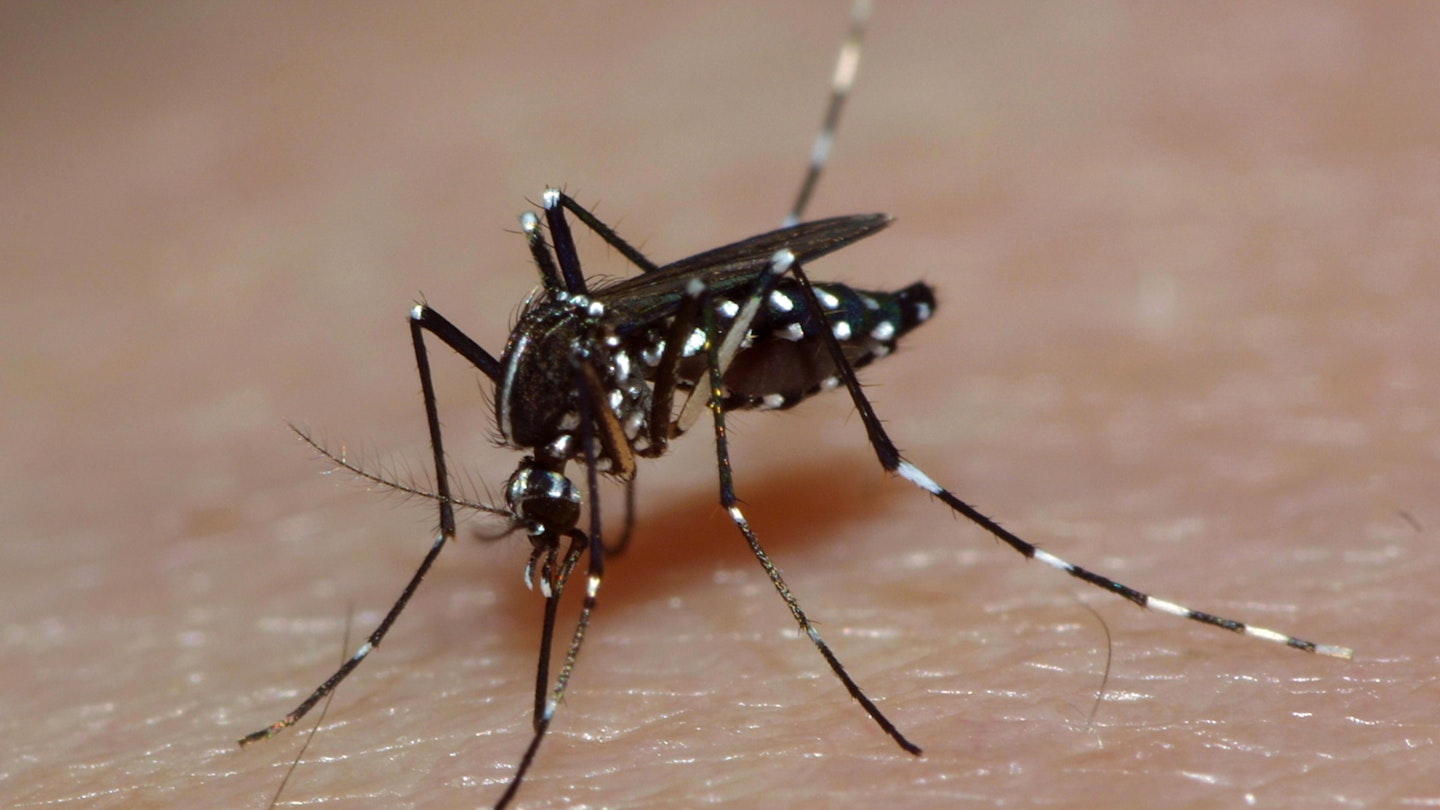Following the "explosive" spread of the Zika virus, health officials are due to meet in Geneva, Switzerland to discuss whether or not to declare a global emergency.
The World Health Organization have said that the spread of the virus has moved from a mild threat to "one of alarming proportions."
The virus, which is spread by mosquitos, has been linked to birth abnormalities for thousands of babies in Brazil, mainly consisting of brain damage in the infant, and medical experts are concerned that that it's the 'tip of the iceberg.'
If the meeting did result in the declaration of the virus as a "public health emergency of international concern," it would lead to an influx of money and resources going into research and scientific expertise to seek cures for and vaccinations against it.
The outbreak has already led to governments across the world warning pregnant women against visiting danger countries such as Brazil.

Margaret Chan, the WHO general direction said: “Last year the disease was detected in the Americas, where it is spreading explosively."
“The level of alarm is extremely high. Arrival of the virus in some cases has been associated with a steep increase in the birth of babies with abnormally small heads.”
After the mass outbreak of deadly Ebola in 2014, tension is running high in anticipation of the world's action plan to tackle to fast-spreading illness.
"WHO clearly dropped the ball responding to the Ebola crisis, it took about five months to declare Ebola in West Africa a public health emergency," Professor Peter Piot, from the London School of Hygiene and Tropical Medicine, told the BBC.
"By any means this [Zika] is a public health emergency with the sheer numbers of people who are coming down with a flu-like syndrome, but particularly the complications."
According to the Centers for Disease Control and Prevention, 1 in 5 people infected with the virus will become ill, and the most common symptoms include fever, rash, joint pain and conjunctivitis.
Deaths from the disease are rare, and at present there is no vaccine or medication for Zika.
